In the rapidly evolving world of software development, APIs have become the backbone of innovation, enabling systems to interact, share data, and execute functions across different platforms. One such breakthrough that’s been gaining traction among developers is the Blast RPC API. Whether you’re building a sophisticated web application, a mobile app, or a SaaS platform, understanding and leveraging the Blast RPC API can significantly propel your project forward.
What is Blast RPC API?
Remote Procedure Call (RPC) APIs have played a crucial role in enabling seamless communication between clients and servers, transforming how data is exchanged over networks. The Blast RPC API is a prime example of this technology’s impact, distinguishing itself through its efficiency, reliability, and flexibility. It enables procedure calls over the internet with remarkable ease, streamlining the execution of remote commands. By simplifying complex processes, the Blast RPC API significantly enhances the performance and scalability of applications. This technology not only accelerates the development cycle by reducing the amount of code developers need to write but also improves the user experience by ensuring faster and more reliable access to server-side functions.
Key Features
- High Performance: This system is meticulously engineered to minimize latency in communication, enabling significantly faster data exchange and processing. It ensures that operations are swift and efficient, making it ideal for applications requiring real-time responses.
- Scalability: It is built with scalability in mind, allowing it to easily accommodate growth. This means it can scale effortlessly alongside your application’s increasing user base and burgeoning data volume, ensuring smooth operation even as demands surge.
- Security: Security is a top priority, with the implementation of robust encryption and authentication mechanisms to safeguard data transmission. This comprehensive security framework ensures that all data exchanges are protected against unauthorized access, maintaining the integrity and confidentiality of sensitive information.
- Cross-Platform Compatibility: The Blast RPC API is built with platform independence in mind, making it effortlessly integrable with various operating systems and programming environments. This feature is particularly advantageous for developers working on cross-platform applications, allowing them to maintain a unified codebase while ensuring optimal performance across all platforms.
- Simplified Integration: Offers a straightforward approach to integrating with existing software infrastructure, reducing the complexity and time required for setup. Developers can easily connect their applications to the API without the need for extensive customization or configuration.
- Extensive Documentation and Support: Comes with comprehensive documentation and a supportive community or professional support team. This ensures that developers have access to the resources and assistance they need to efficiently implement and troubleshoot any issues that may arise during development.
Integration Options
Blast RPC API offers multiple integration options, making it compatible with various programming languages and technologies. This versatility ensures that developers can easily incorporate it into their existing systems without the need for extensive modifications.
Use Cases
- Real-time Data Processing: Ideal for applications requiring instantaneous data updates and computations.
- Microservices Architecture: Facilitates communication between microservices, making it easier to manage and scale component-based applications.
- IoT Applications: Enables efficient communication between IoT devices and servers, supporting real-time data transmission and analysis.
- Multi-platform Applications: Suited for cross-platform applications, allowing for seamless communication and data exchange between different operating systems.
- Cloud-based Applications: Its scalability and high performance make it a compelling choice for cloud-based applications.
Benefits
- Enhanced Efficiency: Reduces development time by providing a straightforward method for executing remote procedures.
- Reliability: Offers consistent performance, even under high loads, ensuring that applications remain responsive and available.
- Cost-Effective: By improving the speed and reliability of data exchanges, it helps reduce operational costs associated with maintaining complex infrastructures.
- Flexibility: Its cross-platform compatibility and versatile integration options make it a flexible choice for a wide range of use cases.
- Simplified Error Handling: The Blast RPC API provides a structured approach to error handling, making it easier for developers to debug and resolve issues. This reduces downtime and improves the overall stability of applications.
- Customization and Control: Offers developers the flexibility to customize the API according to their specific requirements. This level of control ensures that the API can be fine-tuned to optimize application performance and meet unique business needs.
- Eco-friendly Technology: By optimizing data transmission and reducing server load, the Blast RPC API contributes to lower energy consumption. This makes it an eco-friendly choice for organizations looking to minimize their carbon footprint.
- Global Accessibility: Designed to support global applications, the Blast RPC API ensures reliable data exchange over long distances. This global reach makes it easier for businesses to expand their services worldwide without compromising on performance.
- Future-proof: Keeps pace with the latest technological advancements, ensuring that applications built with the Blast RPC API remain relevant and competitive. This forward-thinking approach safeguards investments in application development against rapid technological changes.
Getting Started
To begin using Blast RPC API, developers should first familiarize themselves with the documentation provided by the service. This includes understanding the API’s structure, available commands, and integration techniques. Setting up requires obtaining an API key, configuring your project with the necessary dependencies, and making your first API call. With the proper knowledge and tools, developers can quickly start taking advantage of Blast RPC API’s capabilities.
FAQs about Blast RPC API
What is the Blast RPC API pricing model?
Pricing varies depending on the usage volume, with options ranging from free tiers for basic usage to premium plans for high-volume and advanced features.
How secure is data transmission through the Blast RPC API?
It employs industry-standard encryption and authentication protocols, ensuring that data remains secure during transit.
Can Blast RPC API handle real-time data processing?
Absolutely. It’s designed for efficiency and can support real-time data processing needs without significant lag.
What kind of support does Blast RPC API offer for developers?
Developers have access to comprehensive documentation, an active community forum, and customer support for technical queries and troubleshooting.
Are there any rate limits or restrictions when using Blast RPC API?
Yes, rate limits depend on the selected pricing plan. It’s essential to choose a plan that aligns with your application’s demands to avoid hitting these limits.
How does Blast RPC API ensure scalability for growing businesses?
Its infrastructure is built to handle large-scale operations, offering auto-scaling capabilities that adjust resources according to your application’s needs.
Conclusion
The Blast RPC API emerges as a solid choice for developers looking to streamline communication between distributed systems. Its performance, coupled with scalability and security features, makes it a valuable tool in modern application development. By integrating Blast RPC API into your projects, you’re not just adopting a technology but also empowering your applications to meet the demands of today’s digital world. Whether you’re handling massive datasets, real-time analytics, or creating interconnected services, Blast RPC API is designed to elevate your capabilities and unlock new possibilities.

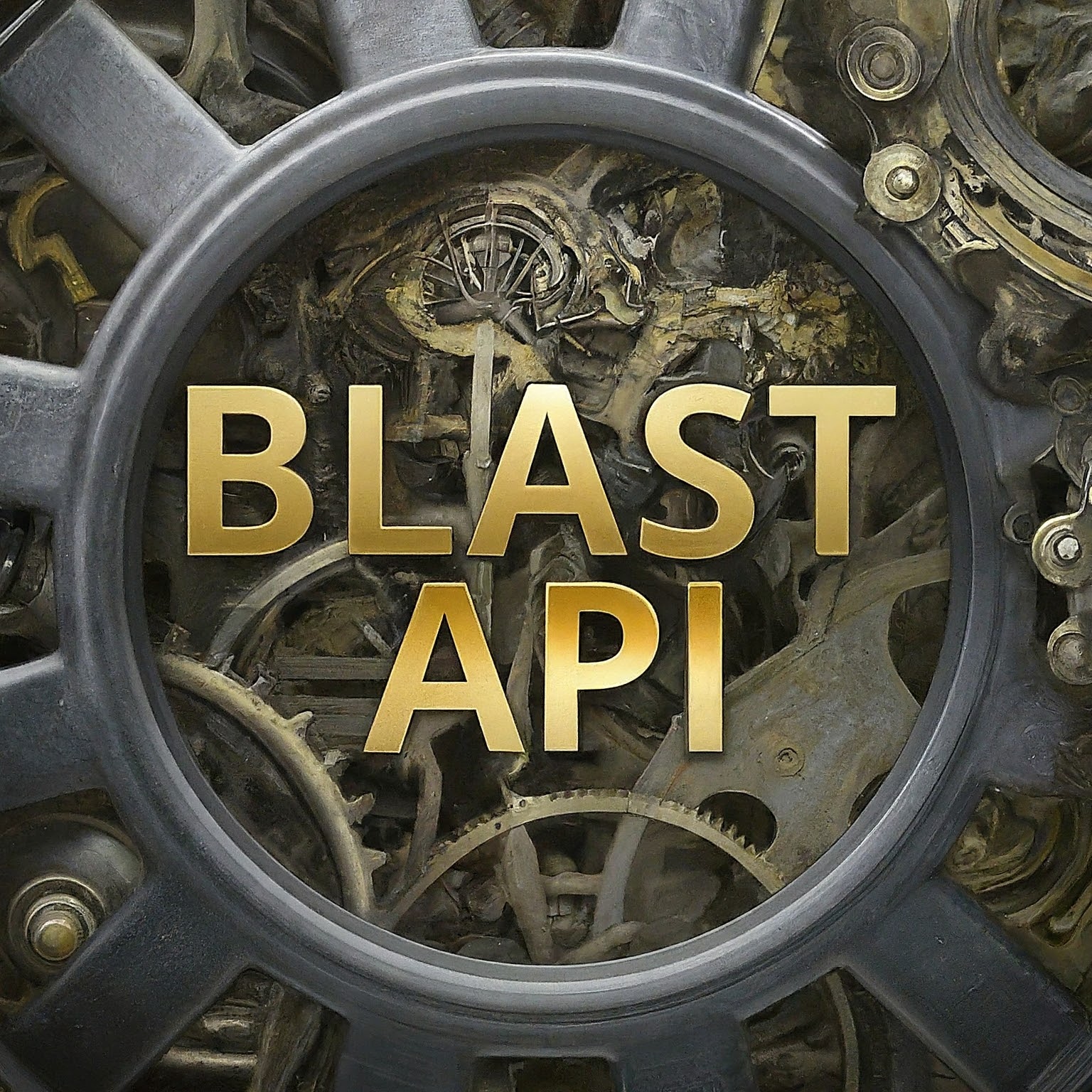

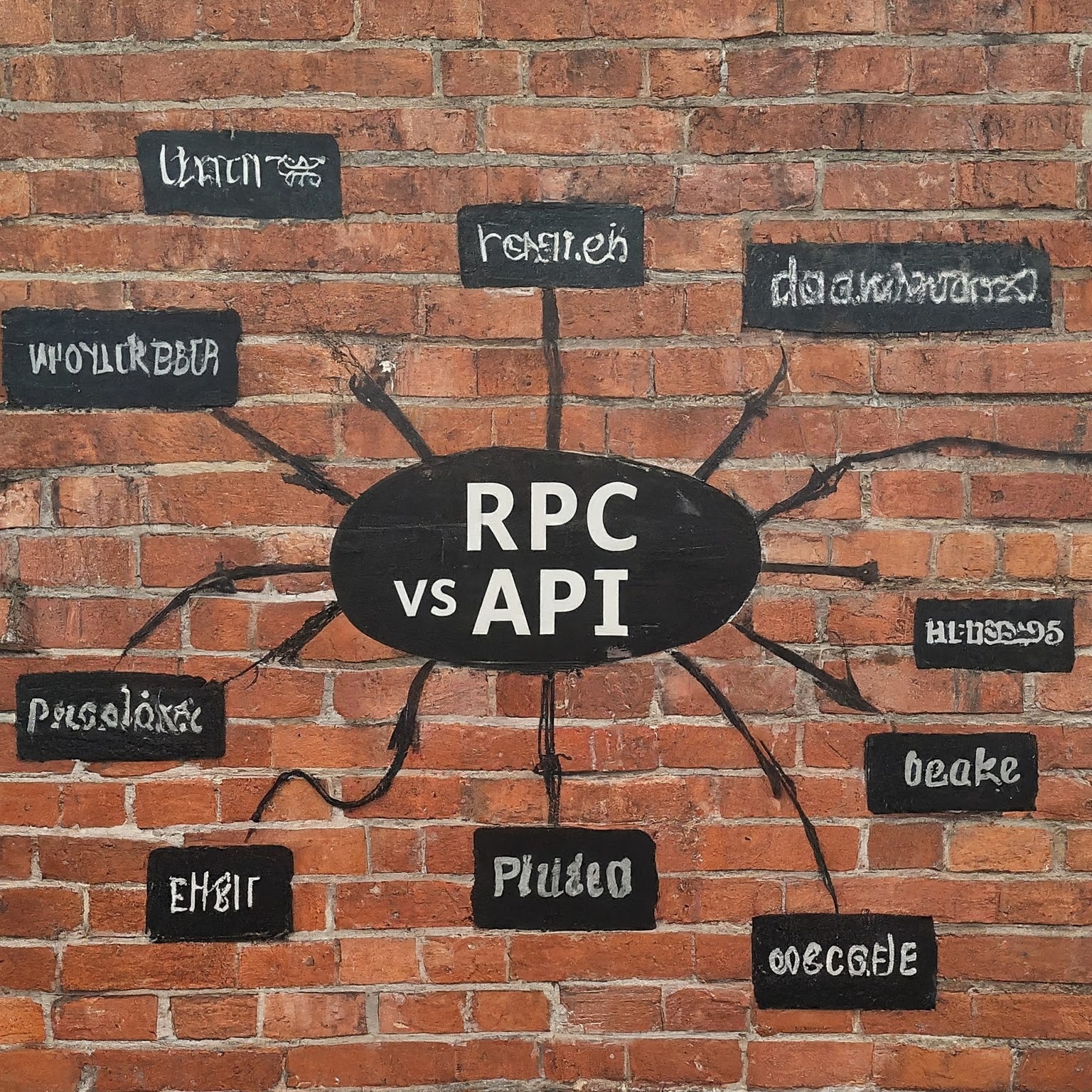

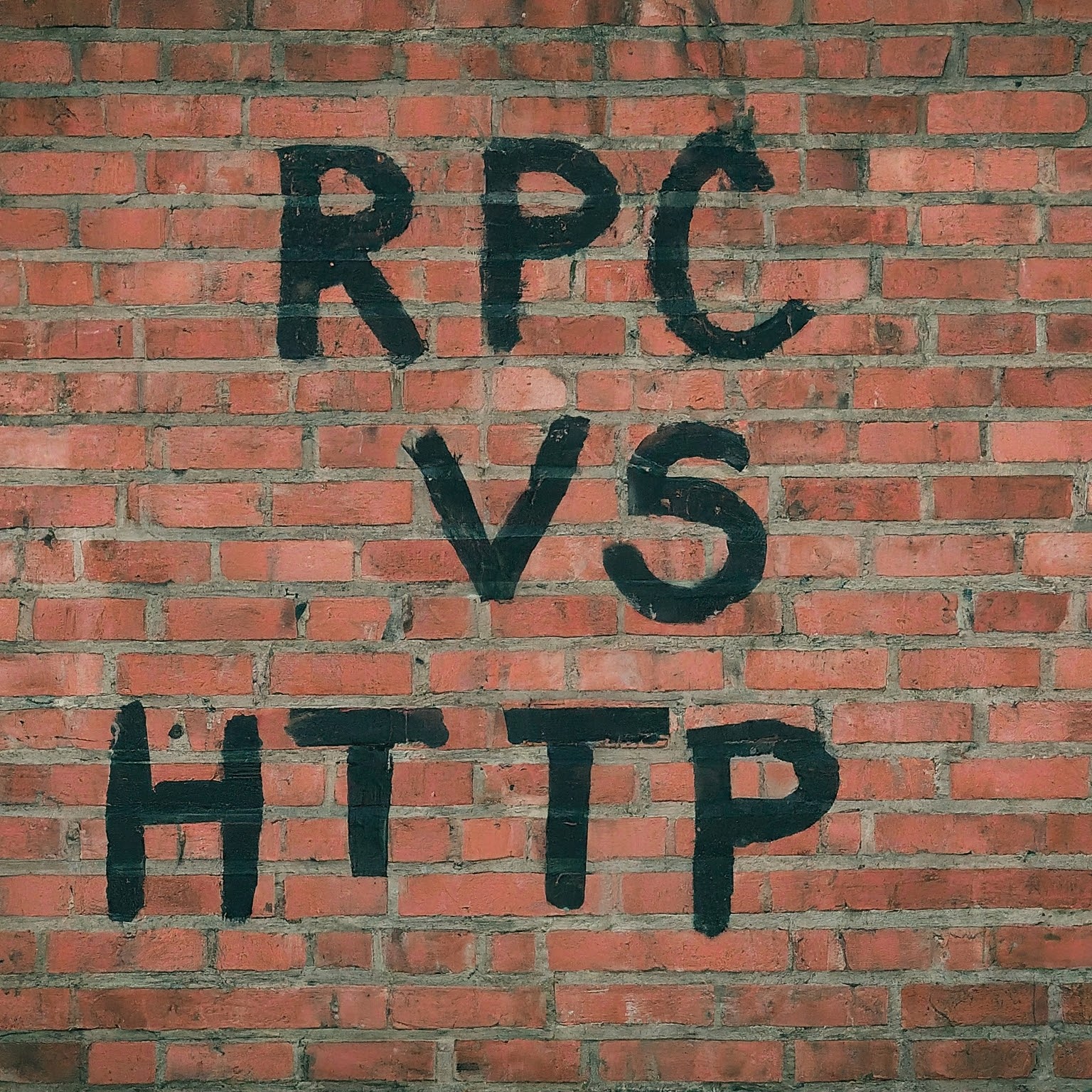


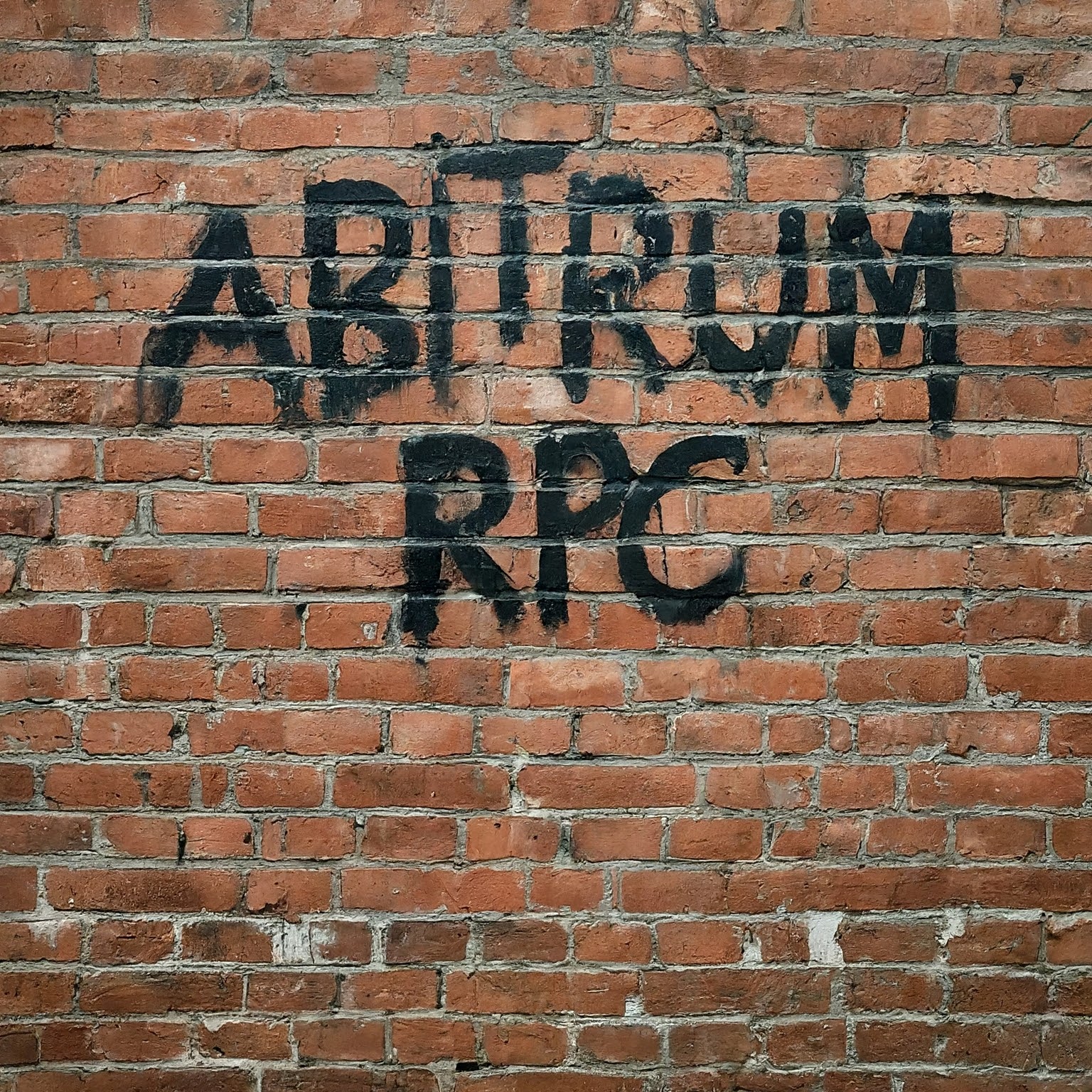

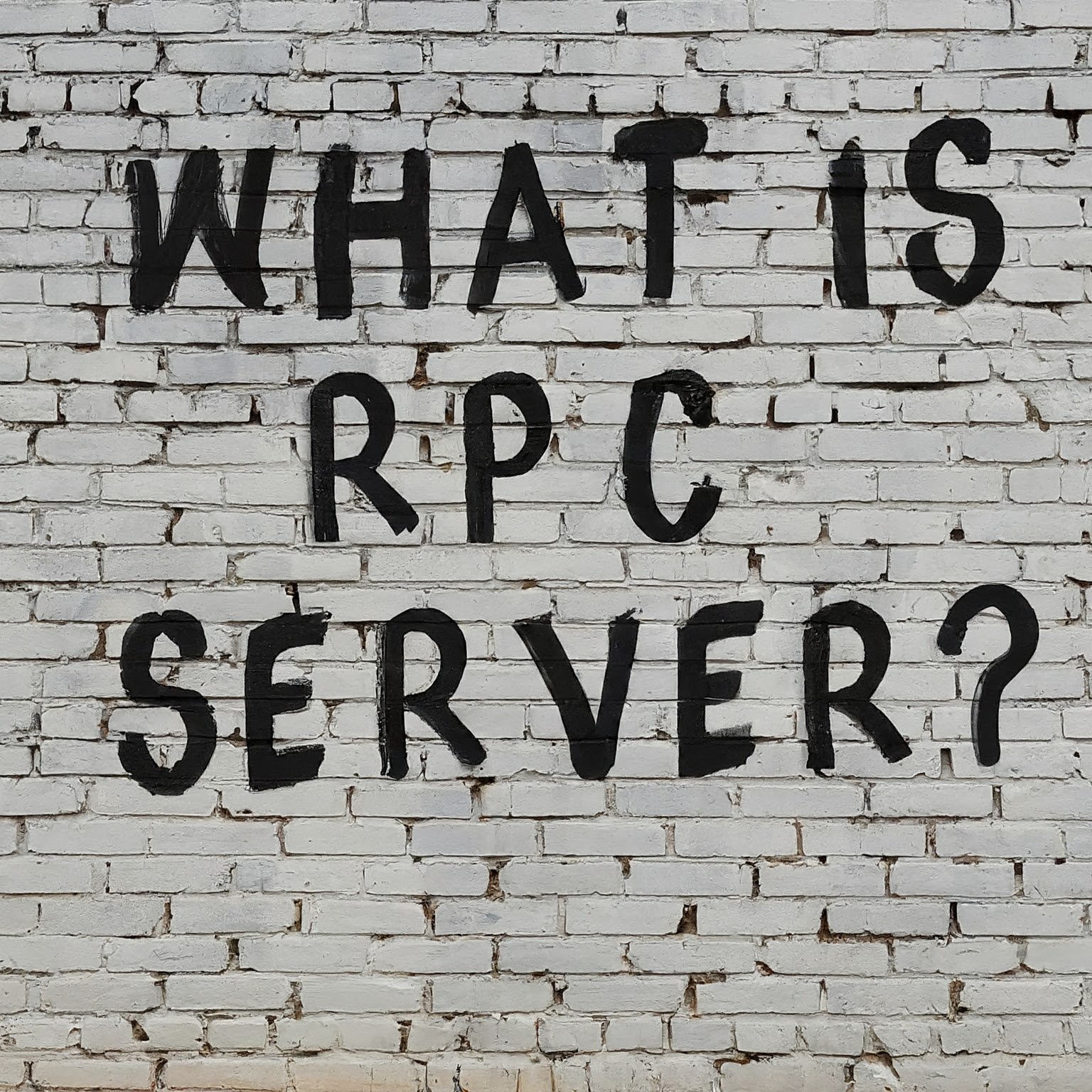
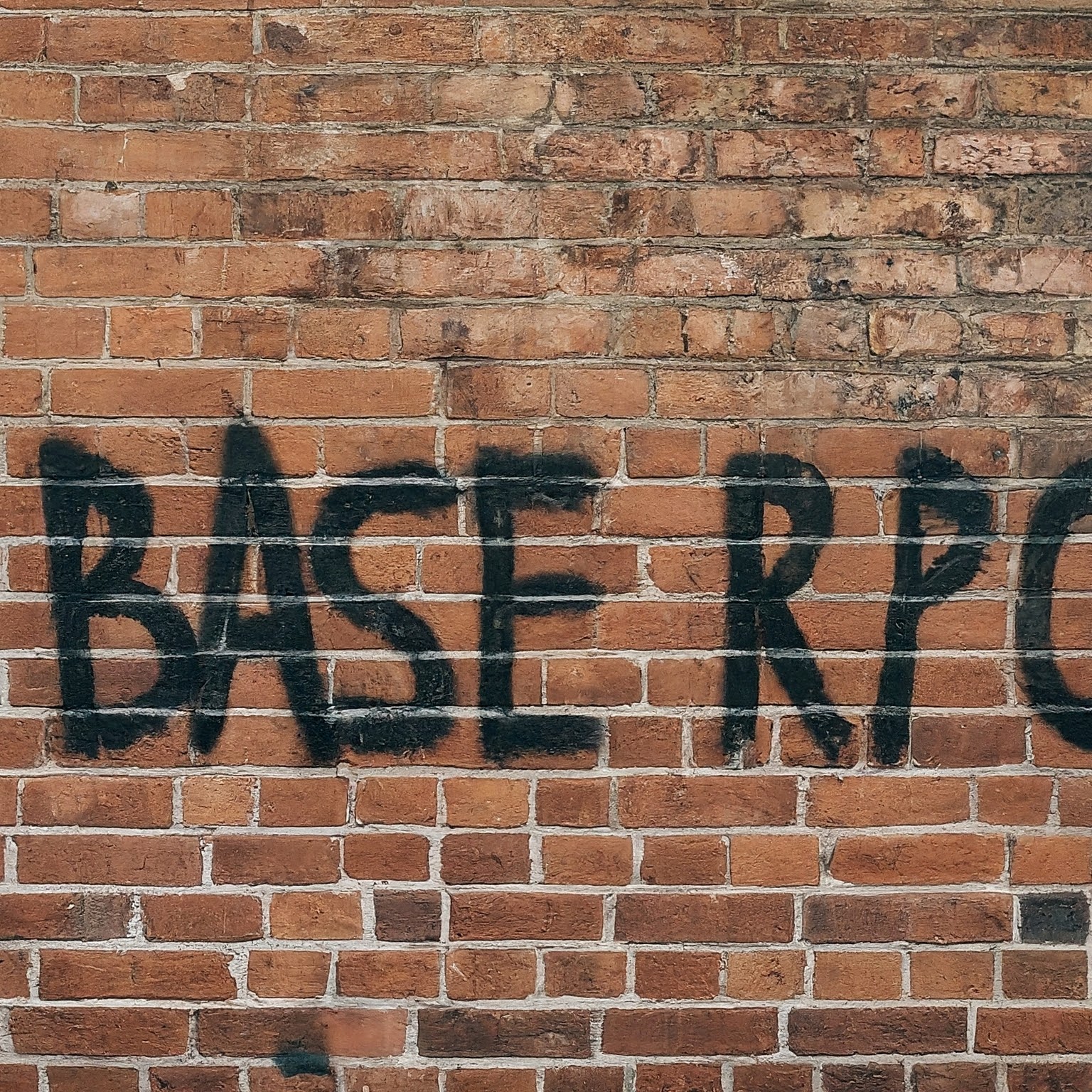
Leave a Reply
You must be logged in to post a comment.